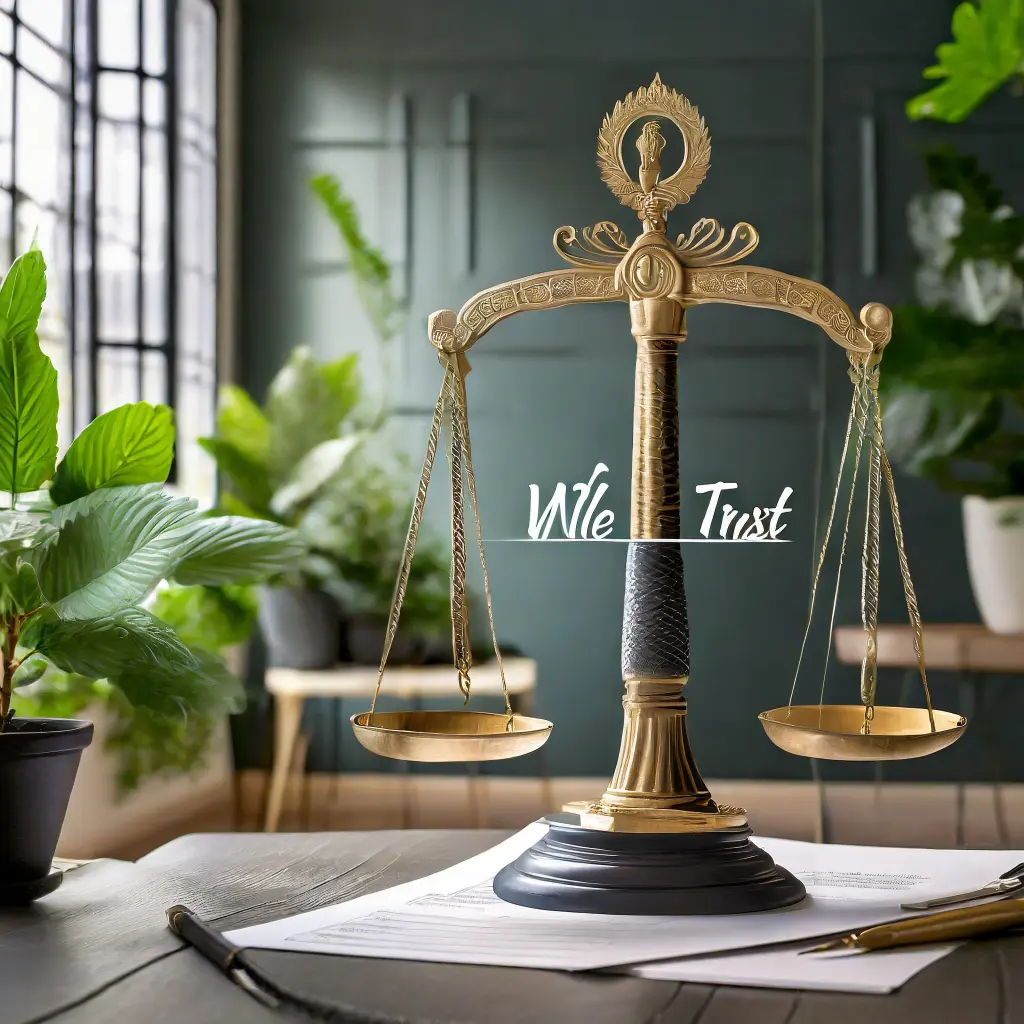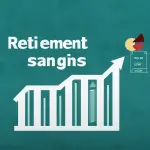What is the difference between a will and a trust?
A will and a trust are two common estate planning tools that can help you distribute your assets to your heirs and beneficiaries according to your wishes. However, they have different features, advantages, and disadvantages that you should consider before choosing one or both for your estate plan.
What is a will?
A will is a legal document that spells out how you want your affairs handled and assets distributed after you die. You can also include instructions for matters that require decisions after your death, such as the appointment of an executor, guardians for minor children, or directions for your funeral and burial. A will must be signed and witnessed as required by state law. Its implementation requires a legal process called probate, which involves filing the will with the court, proving its validity, paying debts and taxes, and distributing the assets to the beneficiaries. The will becomes a public record in the court, which means anyone can access it and challenge it.
What is a trust?
A trust is a legal arrangement that provides for the transfer of assets from you, the grantor or trustor, to a trustee, who holds and manages them for the benefit of one or more beneficiaries. You can set the terms for the trustee’s management of the assets, such as when and how much to distribute to the beneficiaries, and for the ultimate disposition of the assets. Unlike a will, a trust can take effect during your lifetime or after your death, depending on the type of trust you create. A trust can also avoid probate, which means it can save time, money, and privacy for you and your beneficiaries.

There are different types of trusts that serve different purposes. Some of the most common ones are:
- A revocable living trust is a trust that you create and control during your lifetime. You can transfer assets to the trust, name yourself as the trustee and beneficiary, and change or revoke the trust at any time. Upon your death, the trust becomes irrevocable and transfers the assets to your designated beneficiaries without going through probate.
- An irrevocable trust is a trust that you create and give up control over during your lifetime or upon your death. You cannot change or revoke the trust once it is established. The trustee has full authority over the assets and distributes them to the beneficiaries according to the terms of the trust. An irrevocable trust can provide tax benefits, asset protection, and charitable giving options for you and your beneficiaries.
- A testamentary trust is a trust that you create in your will and takes effect after your death. The assets that fund the trust must go through probate before they are transferred to the trustee, who then distributes them to the beneficiaries according to the terms of the trust. A testamentary trust can provide ongoing management and protection for your assets and beneficiaries.
How do they differ?
The main difference between wills and trusts is that wills take effect after you die, while trusts can take care of your assets while you are still alive or after your death. Trusts can avoid probate, but they are more complex and costly to create and maintain than wills. Wills are simpler and cheaper to create and update than trusts, but they are subject to probate and public scrutiny.
Whether you need a will, a trust, or both depends on your personal situation, goals, and preferences. You should consult with tax, investment, and legal advisors to help you decide what is best for you and your estate plan.
Conclusion
A will and a trust are two different ways of planning for the future of your assets and your loved ones. They have their own benefits and drawbacks, depending on your situation, goals, and preferences. A will is a simple and inexpensive way of expressing your wishes after you die, but it requires probate and public disclosure. A trust is a more complex and costly way of managing your assets during your lifetime and after your death, but it avoids probate and preserves privacy. You should consult with professional advisors to help you decide which option is best for you and your estate plan. Remember, the choice is yours, but the consequences are not. Make sure you have a plan that reflects your values and protects your legacy.





